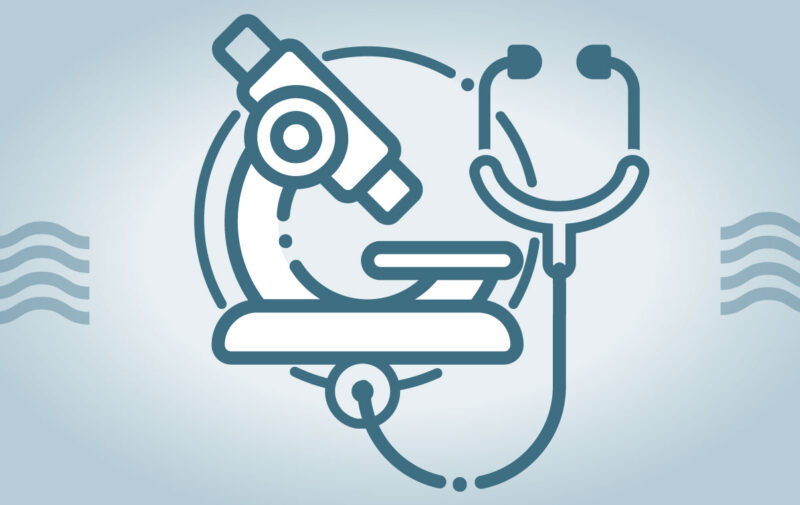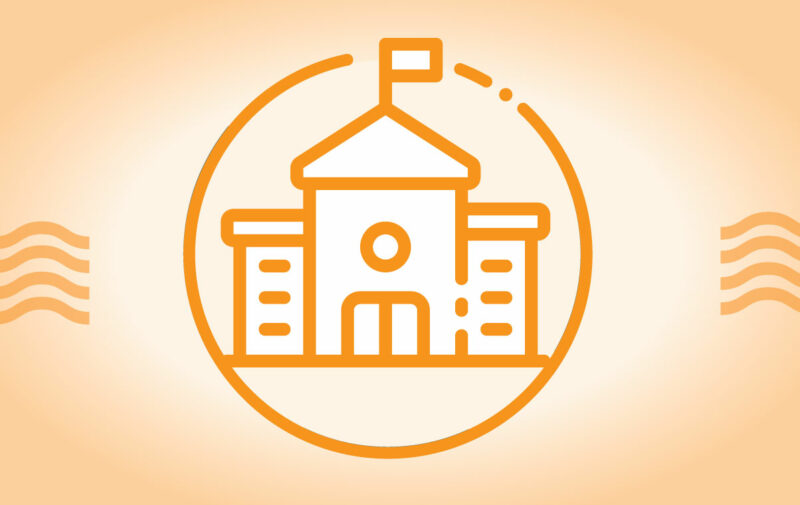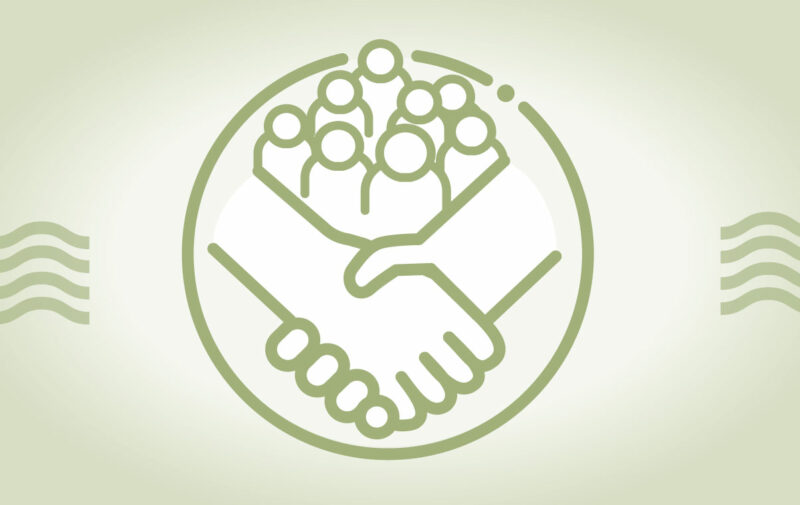
COVID-19 Response Grant
Interferon Responses in “COVID Toes,” Footprints from SARS-CoV2 Infection
Outcome Report
Awarded in
2020
After the initial peak of the COVID-19 pandemic in April 2020, physicians noted a surge of red to purple bruise-like bumps on the toes of otherwise healthy patients. This symptom, popularly referred to as “COVID toes,” is clinically identical to a skin condition known as chilblains. Rarely, chilblains can be a cutaneous manifestation of the type 1 interferonopathies, genetic disorders associated with elevated levels of type 1 interferons. Type 1 interferons are proteins produced in response to viral infections and are critical in the host response to the SARS-CoV-2 infection. However, the precise link between COVID toes and the SARS-CoV-2 virus remained unknown. Because patients with COVID toes often reported close contacts with COVID-19 infection but consistently tested negative for infection in their blood and nasopharynx, researchers hypothesized that COVID toes could be a manifestation of resiliency to the SARS-CoV-2 virus via a robust and early type 1 interferon response, which remained visible in the toes.
Researchers found evidence of local activation of the type I interferon in COVID toe biopsies that was significantly higher than in normal skin from patients without COVID. Researchers also identified the presence of viral RNA in patients’ toes, suggesting that SARS-CoV-2 infection could be a possible trigger for COVID toes. Finally, a golden hamster animal model was employed to evaluate whether SARS-CoV-2 viral RNA could reach the toes. In this model, after low-dose exposure of SARS-CoV-2 through the nasopharynx, viral RNA was found both in the lungs and indeed in the toes of infected hamsters. The hamsters mounted a robust type I interferon response in their lungs and their toes, and this response closely correlated with the presence of SARS-CoV-2 viral RNA. Previous studies in humans with COVID toes found a very early type 1 interferon response in the peripheral blood, which waned within days. This study found a durable type 1 interferon response in skin but not in the peripheral blood, which could explain why most patients with COVID toes felt systemically well aside despite their skin findings.

COVID-19 Response Grant
COVID-19 and the Nasal Microbiome: Potential Marker of Disease Outcomes and Novel Antivirals
Awarded in
2020
The COVID-19 Response grants awarded by the Faculty Grant support UW–Madison researchers across campus in scientific, medical and public health approaches to lessening the impact of COVID-19 through improved testing, treatments and vaccine development, as well as projects that aim to protect the public and healthcare workforce from the virus.

COVID-19 Response Grant
Teaching the General Public How To Test and Maintain Readily Available Face Masks
Outcome Report
Awarded in
2020
When the United States Center for Disease Control (CDC) began encouraging everyone to wear masks to help reduce the spread of COVID-19, many people were unprepared. Some individuals didn’t know how to properly wear a mask while others weren’t able to obtain one. However, evidence continued to mount that proper use of masks was critical to managing COVID-19. Through instructional videos, this project focused on teaching Wisconsinites how to evaluate and properly use the masks that are readily available to them to help protect people from COVID-19.
The grant team was successful in developing a mask solution that, if widely adopted, would help lessen the impact of COVID-19. They found that mask fit was crucial for filtering aerosol, which are smaller respiratory droplets, both for inhalation and exhalation. The team created three informational videos focused on the importance of mask fit, how to improve mask fit, and how to choose the right mask. The videos were showcased by several news outlets alongside interviews with the principal investigator; the video Can Your Mask Stop a Cough? – Mask Study using a Laser has over 30,000 views on YouTube as of June 2021.

COVID-19 Response Grant
A Negative Pressure Isolation Head Chamber to Protect Health Care Workers from Airborne Transmission of Aerosolized Viruses
Outcome Report
Awarded in
2020
COVID-19 had infected more than 2 million people worldwide by April 2020, including more than 9,000 health care workers who had inadequate access to standard personal protective equipment. As a result, health care workers developed their own equipment and guidelines to protect themselves from infection though all of these devices lacked proof of effectiveness. The goal of this project was to test the effectiveness of the Badger Box, a novel portable negative pressure isolation box that can act as both a physical barrier and containment unit for aerosolized viruses. Preliminary results indicated the Badger Box’s capability to capture over 95 percent of particles.

COVID-19 Response Grant
Using Information and Communication Technology to Address Wisconsin’s COVID-19 Crisis
Outcome Report
Awarded in
2019
Note: Funding for this grant has ended.

COVID-19 Response Grant
Bilingual (English/Spanish) Short- and Long-term Assistance to Vulnerable Populations
Outcome Report
Awarded in
2020
The Catholic Multicultural Center (CMC) is a social service agency in Madison that offers support to those in need of assistance with meeting basic needs and spiritual and educational growth. It served some of Madison’s most vulnerable people, including those who were amongst the hardest hit by the COVID-19 pandemic facing housing, food, and job insecurity. In order to mitigate the impact of COVID-19 among its English and Spanish-speaking clients, the CMC sought to address their clients’ immediate needs for food and hygiene supplies and assist those seeking employment or unemployment benefits.
This project allowed the CMC to continue offering crucial social services throughout the pandemic. The CMC served 810 households through its food pantry over the duration of the project and distributed 213,471 pounds of food – double the amount in 2019. The personal essentials pantry served 769 total households from May to December in 2020 and 205 households from January to April in 2021, distributing a total of 7,071 personal hygiene items. The jobs office successfully assisted an average of 61 individuals per month throughout the project, with 18 individuals referred to an employer to apply for work, and 15 individuals gaining employment on average each month.

COVID-19 Response Grant
Farms to Families/De Granjas a Familias Resilience Boxes
Outcome Report
Awarded in
2020
The COVID-19 pandemic has highlighted health inequities and disproportionately impacted communities in our state. Roots4Change Cooperative (R4C) and REAP Food Group collaborated on projects that advocated for food equity within the Latino community of Dane County, Wisconsin. The Farms to Families/De Granjas a Familias Fund (FFF) was created as a food security initiative that focused on addressing the financial and health disparities affecting Latino/Indigenous families in the county during the pandemic. FFF was created to address a forecasted food insecurity emergency, and to address the need to maintain connection when isolation was rampant.
To reach their goal of supporting the Latino community and the surrounding food systems, the FFF team delivered food to families in need, supported young female and minority farmers in Wisconsin, provided temporary employment during the pandemic, created and distributed relevant educational materials, met with Governor Evers to discuss the biannual state budget, and facilitated therapy sessions with Latin American psychologists.

COVID-19 Response Grant
Badger Nurses Collaborating on Covid-19 Vaccine Education and Delivery (BN-CoVED)
Outcome Report
Awarded in
2020
Through the Badger Nurses Collaborating on Covid Vaccination and Education Delivery (BN-CoVED) project, the UW–Madison School of Nursing contributed to the statewide vaccination effort by training faculty and students to provide accurate COVID-19 information to the public and to safely give the vaccine. The School of Nursing collaborated with four UW System nursing schools: Green Bay, Oshkosh, Eau Claire, and Stevens Point, along with the schools’ community partners to staff vaccination clinics.
Between February and June 2021, 648 nursing students and 68 faculty contributed a collective 10,196 hours of time to the vaccination effort. Sixty community organizations were assisted by nursing students and faculty during the vaccination roll-out. The success of this project has led to strengthened and new partnerships among many public health departments, health care centers, schools, tribal health organizations, and organizations involved in the state’s vaccination campaign, as well as prepared students for their career as nurses.

COVID-19 Response Grant
Wisconsin Real-time Emergency Department Surveillance and Responsive Training (WIRED-RT)
Outcome Report
Awarded in
2020
The COVID-19 pandemic highlighted the need for detailed and timely information in making public health and operational decisions. This project aimed to develop an advanced COVID-19 syndromic surveillance system using electronic health records (EHR) and predictive analytics to provide just-in-time training for health care providers. Researchers successfully developed data pipelines from UW Health emergency department (ED) EHR data and validated them at Marshfield Clinic. Analysis of the data revealed an increase in acute respiratory infection (ARI) cases during the COVID-era, and predictive models performed well in predicting ARI arrivals and boarders (patients admitted to the hospital who remained in the ED for a minimum or four hours after admission). The Wisconsin Real-time Emergency Department Surveillance and Responsive Training (WIRED-RT) COVID-19 Simulation Curriculum Toolkit was developed to help health care teams prepare for surges in cases, focusing on key care scenarios.

COVID-19 Response Grant
Leveraging Social Networks and Trusted Community Influencers to disseminate an accurate and up-to-date understanding of COVID-19 in Black, Latinx and American Indian Communities
Outcome Report
Awarded in
2020
The overarching goal of this project was to disseminate accurate and up-to-date information on COVID-19 to Black, Latinx and Native American communities in Wisconsin through trusted community influencers. The project team, including a media specialist and community influencers, created and shared over 400 accurate and accessible posts with the Black, Latinx, and Native American communities in Wisconsin. Additionally, social media connections were made with 14 additional community networks between the three target communities.